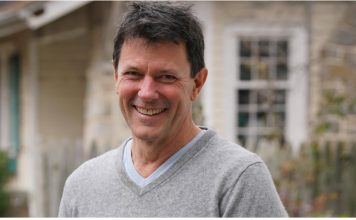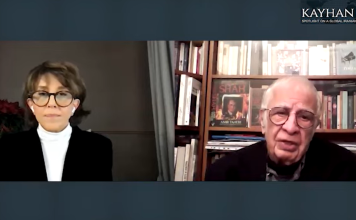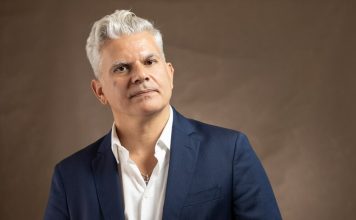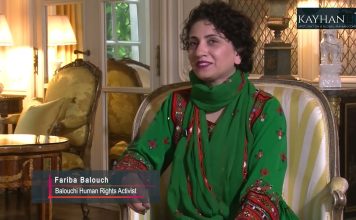Ayatollah Ali Khamenei delivered his first sermon in eight years last Friday. Caught in unprecedented turmoil unleashed by nation-wide protests, and following the loss of his right hand Quds Force commander Qasem Soleimani, as well as the shooting down of a Ukrainian passenger airliner by the Islamic Republic Guards, the speech was intended to project an image of strength and stability.
Kayhan Life spoke to Dr. Mehdi Khalaji, Senior Fellow at The Washington Institute for Near East Policy about what to expect from the diplomatic arm of the Islamic Republic, if anything, as well as the role and importance of the clergy in the political affairs of a state and society in transition.
Educated in Islamic Principles and Jurisprudence in Qom seminaries, and Shiite Theology at the Sorbonne’s Ecole Pratique des Hautes Etudes. Dr. Khalaji’s current research focuses on Shiite politics in the Middle East, and the role of Iranian supreme leader Ali Khamenei in Iran’s foreign policy decision making process.







